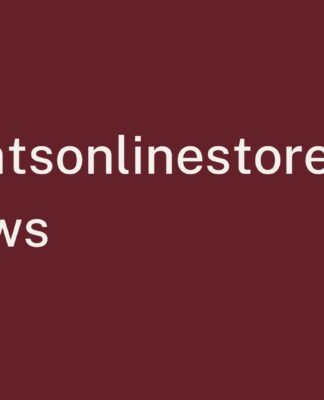The job search process can be a stressful process. It is often competitive to even have a potential employer view your resume, let alone call you in for an interview. Getting a professional resume completed by a company such as Sydney Resumes may help you get a lead on others as they sell your attributes and skills in a manner aimed at the specific market you are searching for employment in.
If you’re fortunate enough to gain an interview, it can be an exciting and nerve-wracking time, but if you prepare well and research the company, the role you have applied for, and other general matters, you may enter the interview prepared and full of confidence.
It’s important to remember that you are interviewing them too. Your new role will be a place where you spend quite a bit of time, so it’s important to make sure it’s a good fit for both your new boss and yourself.
Whilst worthy positions may be hard to come by, there may be times when all may not be as it seems and you may find you have turned down another job offer for one that turns out to the less than ideal.
Here are some red flags to watch out for at interviews.
- They don’t appear organised.
If you arrive and the whole vibe of the place feels frazzled and hectic, it might be an indicator of how things are generally conducted. Be cautious if the interview is late or if the person conducting the interview seems to be unprepared and preoccupied.
You’ve made an effort to attend your interview at the scheduled time, so you should expect the same. It might be that they are really just busy and the previous applicant’s session ran a bit late, or it might be that they have poor time management and organizational skills.
If they apologise and are otherwise engaged and interacting with you well, then it might just be a mishap, but if they appear vague and distracted or rush through the interview, you may want to reconsider your application.
- Your interview feels as though it’s a commercial with a hard sell attitude.
Buzzwords and jargon are popular among some businesses because they may make a workplace sound enjoyable and interesting, even when it isn’t. These trendy terms may also mask actual workplace culture problems.
For instance, “self-starter” can be code for “we don’t have time to train you,” or “you’ll be working autonomously all the time”. “Work hours as required” could imply that they anticipate you working whenever they need you, including on nights, weekends, or legal holidays. The phrases “we wear many hats here” and “the role is diverse” could also mean that we’re short on personnel and need workers to perform three jobs simultaneously for cheap pay.
Make sure you ask lots of questions if you feel that there are grey areas that require clarification.
- The role you applied for appears quite different than the one you’re actually being interviewed for.
When you submitted your application, it would’ve been for a particular role, with certain responsibilities, duties, and pay bracket. If you get to the interview and it appears that the role, they are discussing is different, be sure to speak up and seek clarification.
Pay special attention if they are reluctant to discuss a real figure for your wage or salary or if it is quite a bit lower than you anticipated. Your skills are worthwhile, and if you feel as though you are getting short-changed from the start, then this may be indicative of how they pay and treat their employees.
In some instances, we all need to start somewhere, and whilst it might be expected to begin on the lower end of the pay scale, if it is completely outside of what you applied for, then it might be time to look elsewhere.
- Unprofessional jokes or comments.
An interview is generally a meeting where all parties are on their best behaviour, as each party is attempting to sell themselves to the other.
If your potential employer is openly putting down his previous or current staff, or other shareholders, this shows his relationships with them and how comfortable he is discussing private matters with a stranger they just met. It’s not only unprofessional but also rude and disrespectful. If they can easily speak aggressively at the start, their behaviour will only escalate once they are more comfortable with having you around.
People also have their own opinions regarding race, religion, gender or sexual preferences, or orientation, but an interview is definitely not a place to discuss them. This displays a bias and potential prejudice which suggests an unhealthy workplace culture.
- They don’t appear to like questions.
Asking questions is a method in which both parties get to know each other better and allows them to determine if the job is going to be a good fit and it works both ways.
If you notice that your interviewer doesn’t ask you questions or doesn’t appear to appreciate you asking them, it might be that they are either not invested in or interested in finding the right candidate or expect their personnel to obey them without any comments.
- The interview process is too short or long.
If your interview is super short it might be reflective of a dismissive attitude and a rushed process rather than a professional one.
Some businesses now may elect to conduct more than one interview. But if you feel there are too many interviews or you are being pushed to conduct a large amount of work, trials, and tests, proceed with caution. Quite a few places will test and research to determine they have the ideal person, but if it is lengthy and you feel you are actually working for free, consider backing out.

















